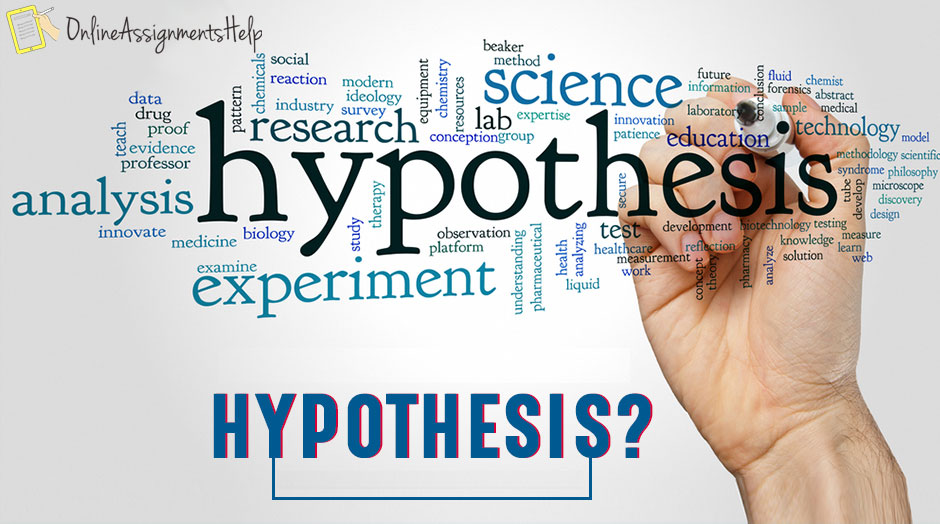HOW TO DEVELOP A FRAMEWORK AND HYPOTHESIS DEVELOPMENT?
What is the framework?
A framework shows your beliefs on the way certain phenomena (concepts or variables) related to a model and the explanation of why you think these variables link with one another. It is a model of the way one makes or theories the logical sense of a relationship among many factors, which consider important to a problem. So, a theoretical framework is a foundation to go forward with the research paper. It involves nothing more other than identifying relationships among different variables. Thus, it is important to know what does a variable means, and it’s different.

Variables
Variables are concepts that change or vary in value. Variables are the features of cases. For instance, when a case is a person, its variables could be age, sex, weight, height, feeling, etc. Variables are of the following types:
- Dependent variable
- It is the primary interest of researchers. The aim is to predict, understand, or explain its variability.
- Independent variable
- The things that are changed by researchers or scientists are known as Independent variables. The influences that Direct Variables have in a negative or positive manner on a variable called Independent variable.
- Moderating Variable
- It is noticed that there lies a relationship between the manuals that employees can access and a product that is rejected. When workers follow the methods that laid down in manuals, they can manufacture flawless products.
- Intervening Variable
- It surfaces when the independent variable operates for influencing the dependent variable and when its impact felt. Determining variables is significant for any scientific study. A simple mistake in this realm can lead to faulty results.
What are Hypotheses?
The hypothesis is a logical relationship existing two or over two variables. It is expressed as a testable statement. A good hypothesis should have the following features:
- Should be testable
- Should be adequate
- Should be better compared to its rivals
It can be directional and non-directional.
Types of Hypotheses
Following are different hypotheses:
- Directional Hypotheses
- It is an indication of the direction of a relationship between the variables (negative/positive).
- For instance, if the employees experience greater stress in a job, their job satisfaction is lower.
- Nondirectional Hypotheses
- These are those hypotheses that do not show any sign of the relationships’ direction between variables.
- For instance, there lies a relationship between job satisfaction and age.
- There are differences between the work ethics of Arabian employees and American employees.
- Null Hypotheses
- It is a proposition, which states an exact and definitive relationship between the two variables.
- Alternate Hypotheses
- It is a statement that expresses a relationship between the two variables, or they show differences between the groups.
Significance of a Testable Hypothesis
To devise and perform an experiment through a scientific method, ensure that the hypotheses are testable. To find it testable, consider some essential criteria that are:
- There should be a possibility that the hypothesis is true
- The result of a hypothesis should be reproducible.
- There should be a possibility that a hypothesis is false.
Without these criteria, the results of a hypothesis shall be vague. Because of this, an experiment shall not prove or disprove something significant. Hence, a hypothesis needs to be testable with any three of the above options proved to right.
The Framework and Hypothesis Development are the basis of a scientific experiment. However, before doing the experiment, you ensure that you know the concepts of theoretical aspects and hypotheses. The hypothesis should be testable.



